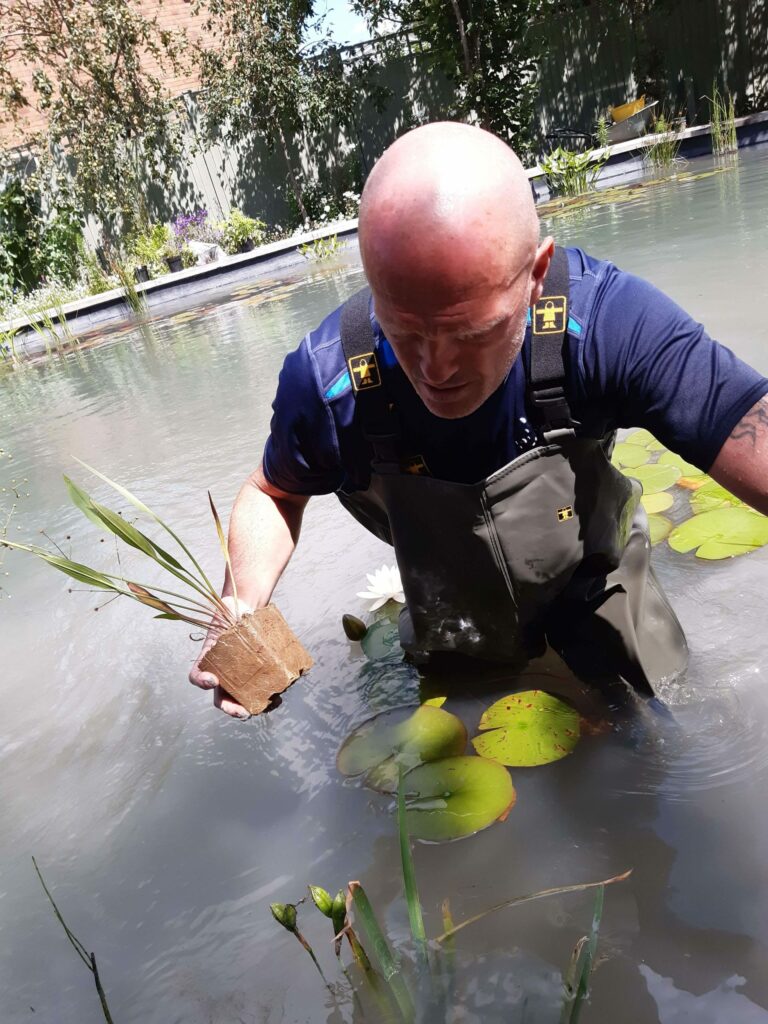Have you ever wondered what lies beneath the shimmering surface of lakes, ponds and natural waters?
The world of limnology, the scientific study of inland waters, holds the key to unraveling the mysteries of these aquatic ecosystems. As a living water pool specialist who has knowledge of that on par with a limnologist, I have dedicated my career to understanding and conserving these invaluable resources. In this blog post, I will introduce you to the fascinating field of limnology and shed light on the services that a limnologist can offer to protect our water bodies.
Exploring the World of Limnology
Limnology encompasses the interdisciplinary study of lakes, ponds, rivers, wetlands, and other freshwater systems. A limnologist’s primary goal is to comprehend the intricate relationships between the physical, chemical, and biological components of these aquatic environments. By unraveling the complex web of interactions, limnologists gain insights into the health and functionality of freshwater ecosystems. I do this with every client and every project when we assess areas for living water pools and natural pools.

Assessing Water Quality
One of the crucial services provided by a limnologist is the assessment of water quality. By conducting comprehensive water sampling and analysis, limnologists can evaluate the presence of pollutants, measure nutrient levels, detect harmful algal blooms, and identify potential risks to human and ecosystem health. This information enables effective management strategies to safeguard water supplies, recreational areas, and wildlife habitats.
Investigating Aquatic Ecology
Understanding the intricate ecological processes occurring within freshwater ecosystems is essential for their preservation. Limnologists meticulously study the interactions between aquatic organisms, such as fish, plants, algae, and invertebrates. They examine the factors influencing population dynamics, food webs, and species diversity. By conducting biodiversity assessments, limnologists can identify vulnerable species and design conservation plans tailored to specific ecosystems. I provide guidance, expertise and insight to my clients with new pools and any pools where another installer has done the project and now the pool is failing.
Monitoring Climate Change Impacts
Climate change poses a significant threat to freshwater ecosystems worldwide. Limnologists play a crucial role in monitoring and understanding the impacts of climate change on lakes and rivers. By analszing long-term data sets, limnologists can identify trends, such as rising temperatures, altered precipitation patterns, and shifts in water chemistry. This knowledge is vital for predicting and mitigating the effects of climate change on aquatic habitats.
Restoring and Managing Water Bodies
In cases where freshwater systems have been degraded or polluted, limnologists provide expertise in restoring and managing these damaged ecosystems – this is where I come in! My team and I design and implement strategies to enhance water quality, restore natural habitats, control invasive species, and reintroduce native species. By employing our knowledge of ecological processes and restoration techniques, we are proud to revitlise aquatic environments and promote sustainable water management practices.
Educating and Raising Awareness
Limnologists (like myself! are passionate about sharing their knowledge and raising awareness about the importance of freshwater conservation. They engage in educational outreach programs, conduct workshops, and collaborate with local communities, policymakers, and conservation organizations. By fostering public understanding and support, limnologists strive to inspire a collective effort towards preserving our precious water resources. If I can be of service and consult on any project, speak at any event or contribute to any project, please do get in touch.




